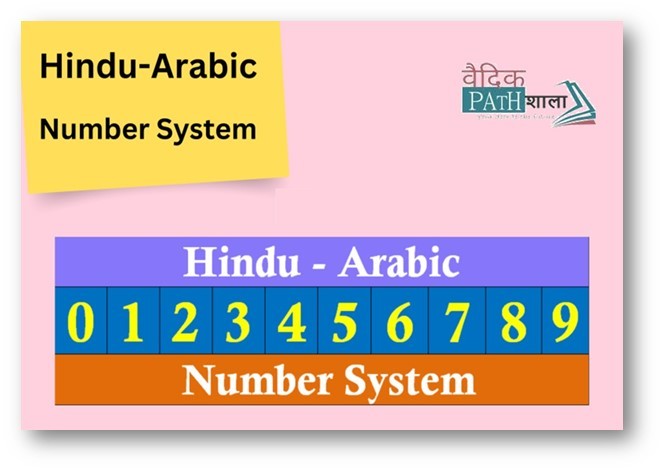
The Decimal Number System: Revealing the Timeless emergence of the Hindu-Arabic Numerals
Introduction
One of the most popular and significant numerical systems in human history, the decimal number system, stands out in the enormous world of numerical systems. The decimal system, also known as the Hindu-Arabic numeral system, has had a significant impact on how we perceive mathematics, science, economics, and daily life. It has ten distinct digits, running from 0 to 9, and is also known as the Hindu-Arabic numeral system. Join us as we set out on an intriguing trip to investigate the history, meaning, and continuing beauty of this amazing numerical system.
Origins and Historical Significance: The civilizations of ancient India and the Arab world are where the roots of the decimal number system may be found, dating back more than a thousand years. The brilliant mathematicians and academics of these areas, who understood the need for a more effective and understandable method of describing numbers, are to be acknowledged for the early development of this system.
The idea of using zero as a placeholder was first introduced in ancient India, opening the door to positional notation. The incredible flexibility and power of the decimal system were made possible by this invention. By utilising the ten distinct symbols or digits, it allowed for the depiction of numbers of any size, from the tiniest fraction to the largest amount.
The Spread of Knowledge
The groundbreaking features and usefulness of the Hindu-Arabic number system immediately attracted attention and adoption outside of its native countries. Through their wide travels and encounters with various cultures, Arab traders and academics brought this amazing numeral system to Europe and other parts of the world.
The advent of the decimal system in Europe throughout the Middle Ages signalled a shift in mathematical thought. The Roman number system, which imposed restrictions on computation and representation, was supplanted by it. Because of the decimal system's simplicity, clarity, and efficiency, complicated arithmetic operations became more approachable, enabling academics and researchers to push the boundaries of mathematics, astronomy, physics, and other fields.
Universal Applicability
The worldwide applicability of the decimal system, which transcends cultural, linguistic, and geographic limitations, is one of its biggest advantages. Its acceptance by various societies has promoted a universal numerical language, allowing international trade, commerce, and intellectual interchange.
Because of its ease-of-use and intuitiveness, the decimal system is understandable to people of all ages and educational levels. The decimal system is the cornerstone of our numeracy, supporting everything from elementary mathematical operations to complex mathematical ideas.
Additionally, the decimal system is essential in disciplines like physics, engineering, economics, and computer programming due to its adaptability to different fields of study. It serves as the foundation of scientific notation, making it simple to represent extremely small and extremely large numbers.
Beyond its usefulness, the decimal system is of enormous cultural significance. It acts as a link between the past and the present, introducing us to the intellectual accomplishments of our predecessors and serving as a reminder of the ongoing advancement of human knowledge.
With its 10 digits and positional notation, the decimal number system has become a vital component of our daily lives and an instrument for the advancement of humanity. This extraordinary system, which has its roots in ancient India and the Arab world as well as a global adoption, continues to influence how we comprehend science, arithmetic, and the world around us. Let us appreciate the timeless beauty and all-encompassing power of the Hindu-Arabic numbers as we go about our daily lives and push the boundaries of knowledge.